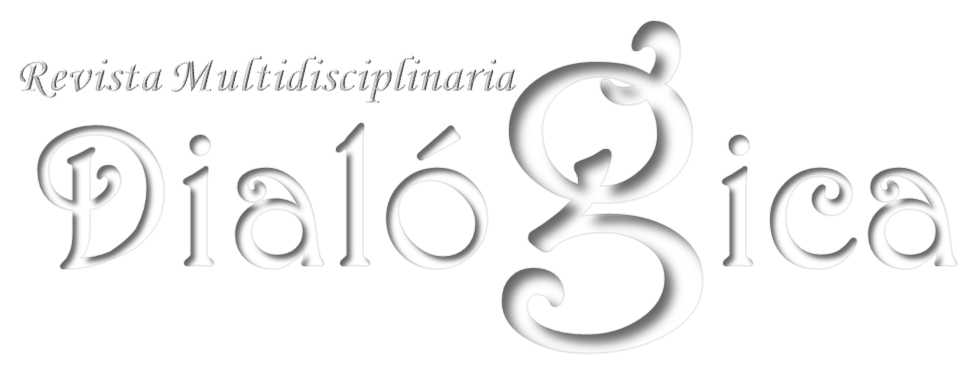Education, science, technology and ethics as pillars of modern society
DOI:
https://doi.org/10.56219/dialgica.v22i3.3581Keywords:
Education, science, technology, ethics, modernityAbstract
In an increasingly interconnected and advanced world, education, science, technology, and ethics emerge as cornerstones for the development and progress of our societies. Nonetheless, significant ethical challenges surface, demanding profound reflection. How do we ensure that education cultivates conscious and responsible citizens within such a complex landscape? What role does ethics play in science and technology, and how can we integrate these values into a rapidly advancing world? Is disorder necessary to promote ethics in contemporary society? This essay will explore the development of these cornerstones, drawing upon Morín's tetralogical loop (1999) and Díaz's critical perspective (2021), as a framework for navigating the complexities of these interrelated fields, seeking a balance between order and disorder to address the ethical dilemmas arising in our modern society.
References
Dewey, J. (1938). Democracia y educación. Macmillan.
Díaz, M. (2021). Educación y ética en lo científico y tecnológico. https://www.youtube.com/watch?v=_aF3miwg9Kg&t=232s
Díaz, M. (2023). La Educación y la Poiesis de un nuevo homo en tiempos de incertidumbre. Dialógica. 19(1), 43-56. https://revistas.upel.edu.ve/index.php/dialogica/article/view/2031
Durkheim, É. (1922). Educación y Sociología. París: Alcan.
Freire, P. (1970). Pedagogía del oprimido. Siglo XXI Editores.
Jonas, H. (1995). El Principio de Responsabilidad: ensayo de una ética para la civilización tecnológica. Barcelona: Herder
Kant, I. (1788). Crítica de la razón práctica.
Kranzberg, M. (1986). Technology and History: “Kranzberg’s Laws”. Technology and Culture, 27(3), 544–560. https://www.jstor.org/stable/3105385 DOI: https://doi.org/10.1353/tech.2021.0008
Morín, E. (1999). El Método. La naturaleza de la naturaleza. (5a. ed.). Madrid: Cátedra.
Mumford, L. (1934). Technics and Civilization. New York: Harcourt, Brace and Company.
Popper, K. (1963). Conjectures and Refutations: The Growth of Scientific Knowledge. London: Routledge. DOI: https://doi.org/10.1063/1.3050617
Tadeo, J. (2014). De la búsqueda de la verdad a la gestión del conocimiento: La Universidad del siglo XXI. Revista Paradigma, 35 (2), 7-27. https://ve.scielo.org/pdf/pdg/v35n2/art02.pdf
Velilla, M.A. (2002). Manual de iniciación pedagógica al pensamiento complejo. https://www.sesge.org/images/docs/manual_iniciacion.pdf
Published
How to Cite
Issue
Section
License
Copyright (c) 2025 José Varela

This work is licensed under a Creative Commons Attribution-NonCommercial-ShareAlike 4.0 International License.


 @revistadialogica
@revistadialogica DialogicaUPEL
DialogicaUPEL RevistaDialogicaUPELMaracay
RevistaDialogicaUPELMaracay dialógicaupel@gmail.com
dialógicaupel@gmail.com dialogicaupel.blogspot.com
dialogicaupel.blogspot.com https://issuu.com/dialogicaupel
https://issuu.com/dialogicaupel https://revistas.upel.edu.ve/index.php/dialogica/
https://revistas.upel.edu.ve/index.php/dialogica/









